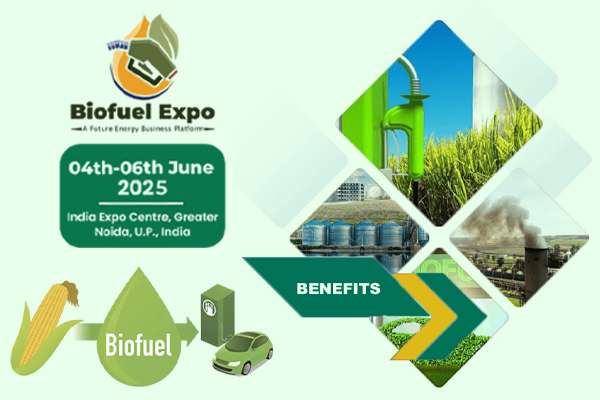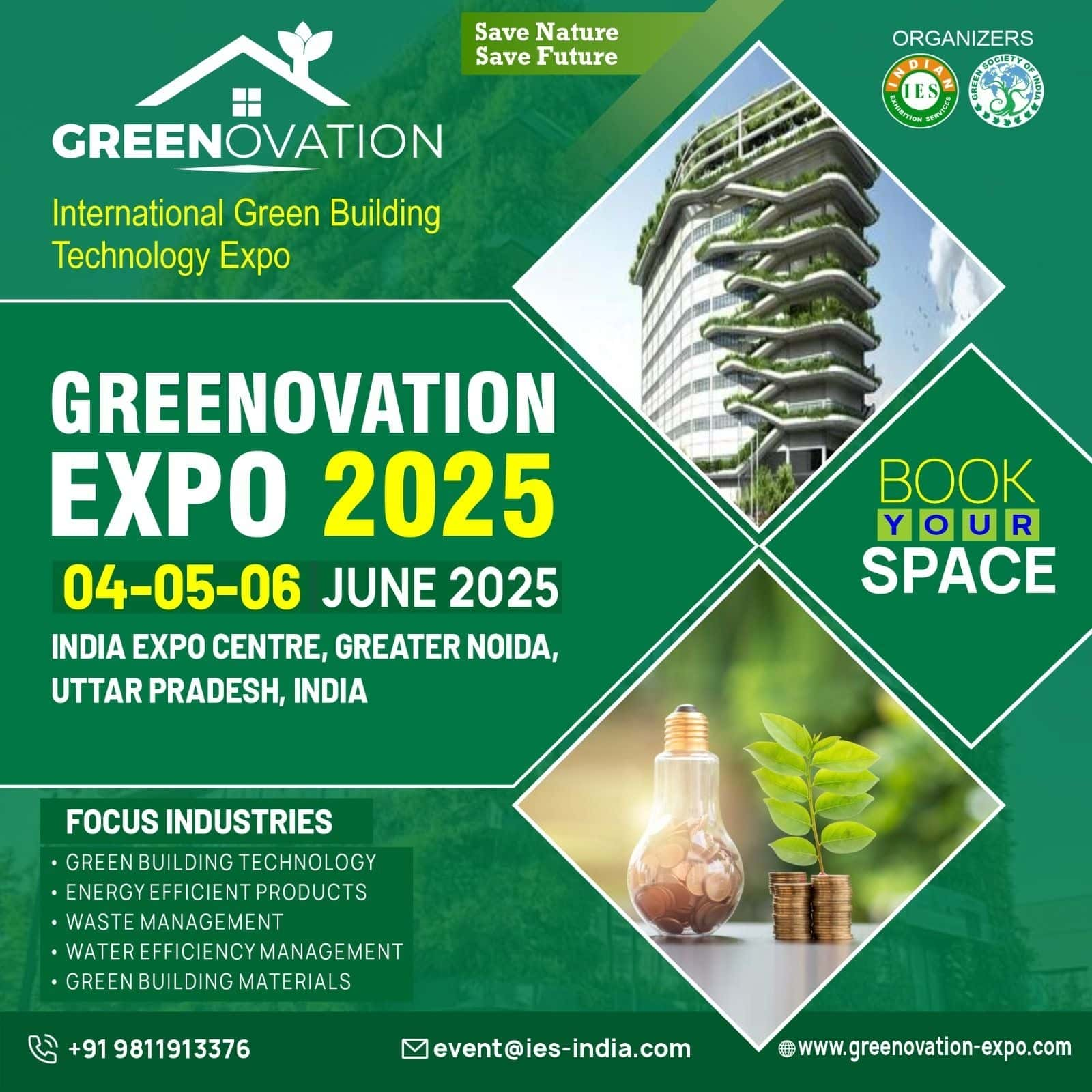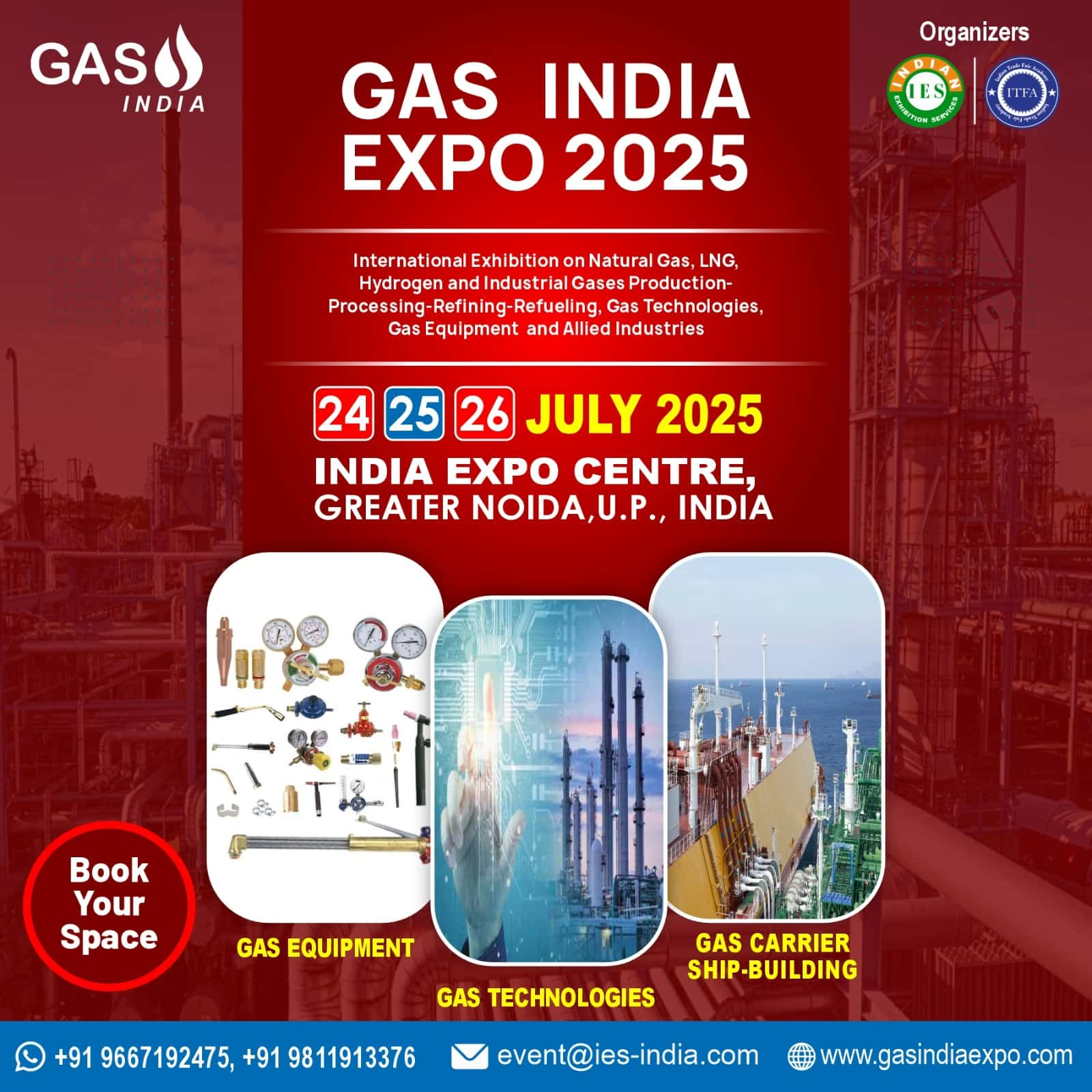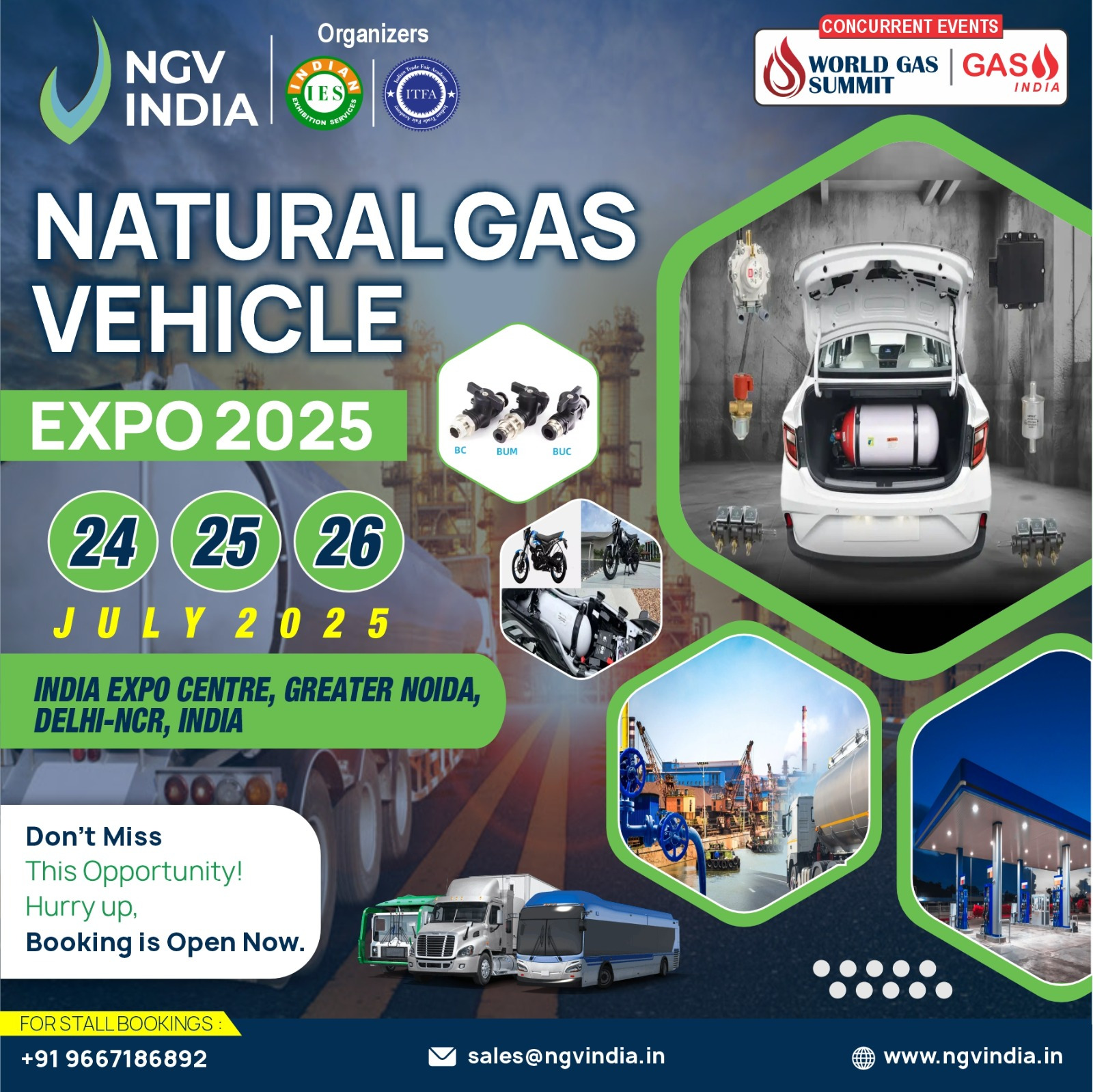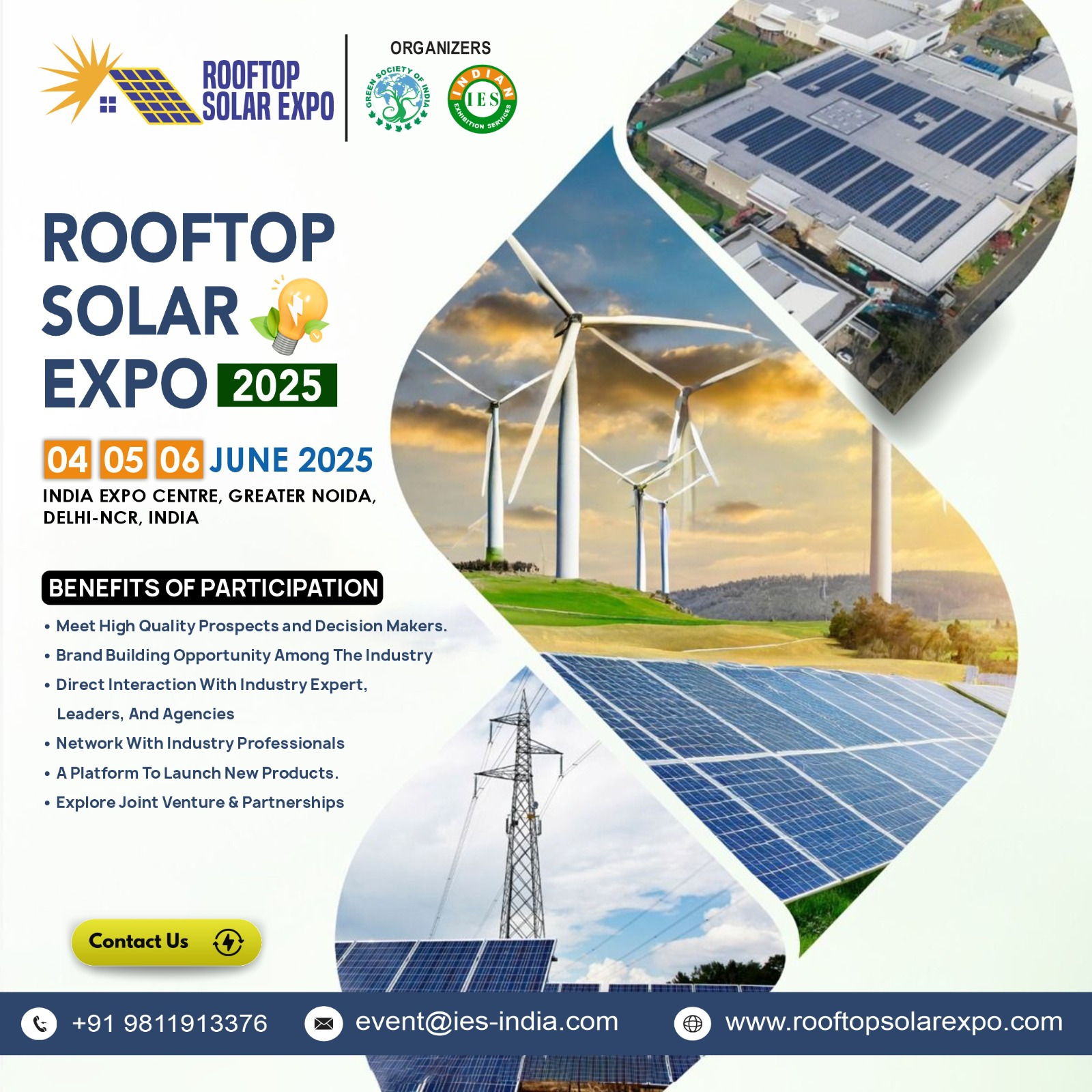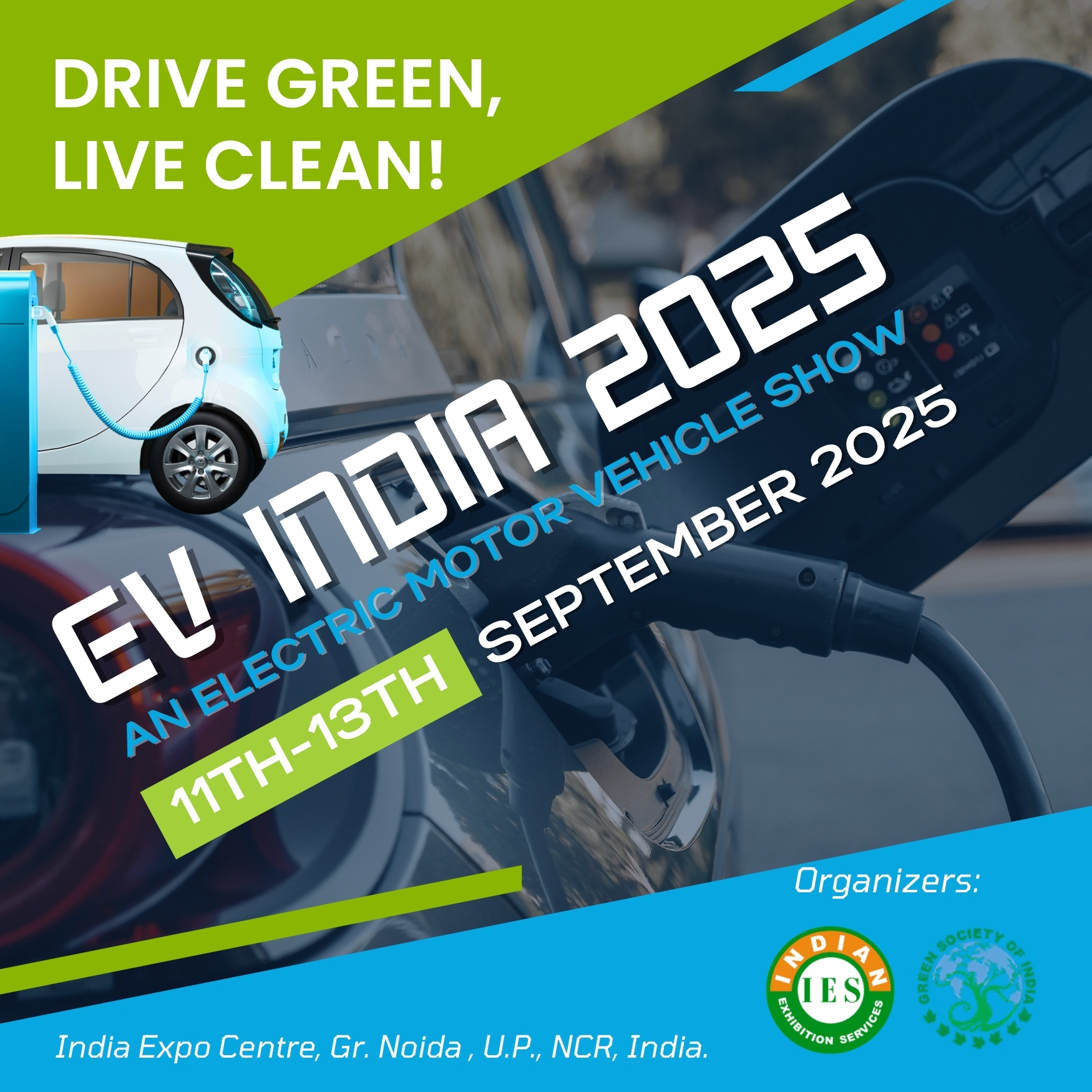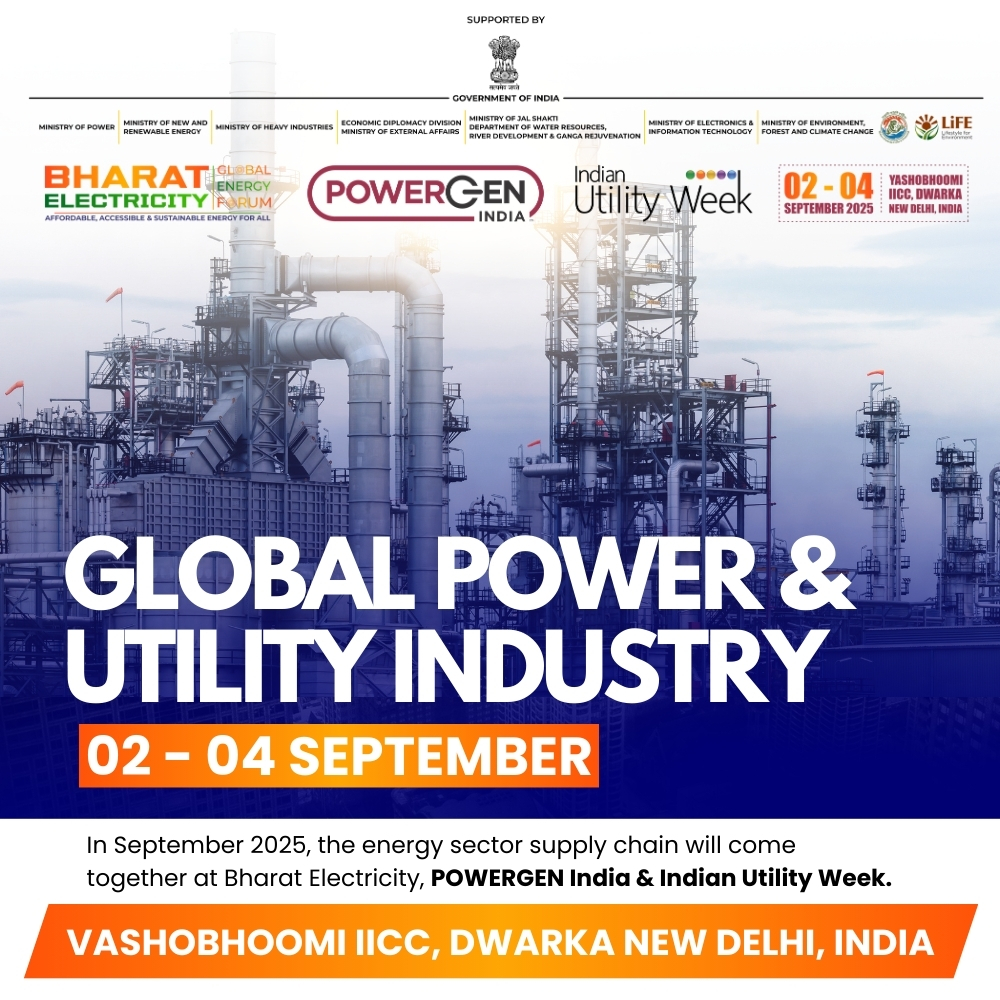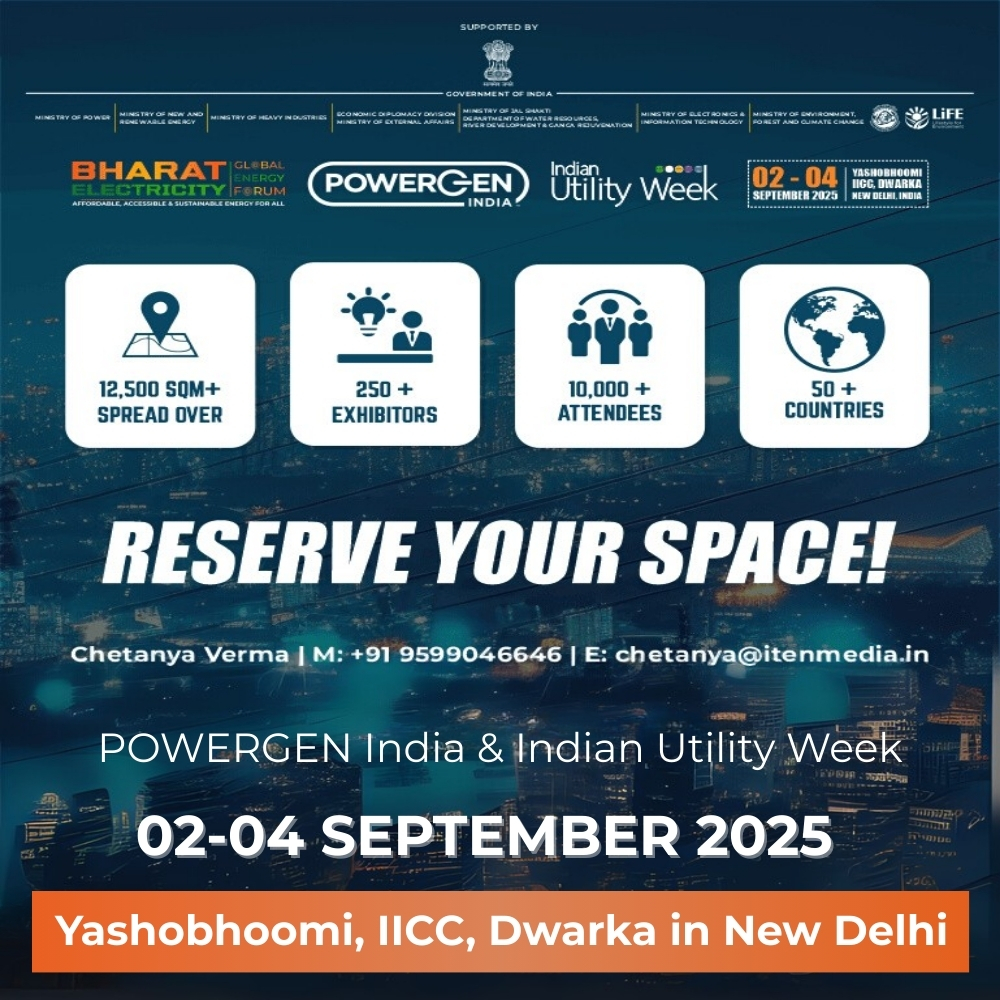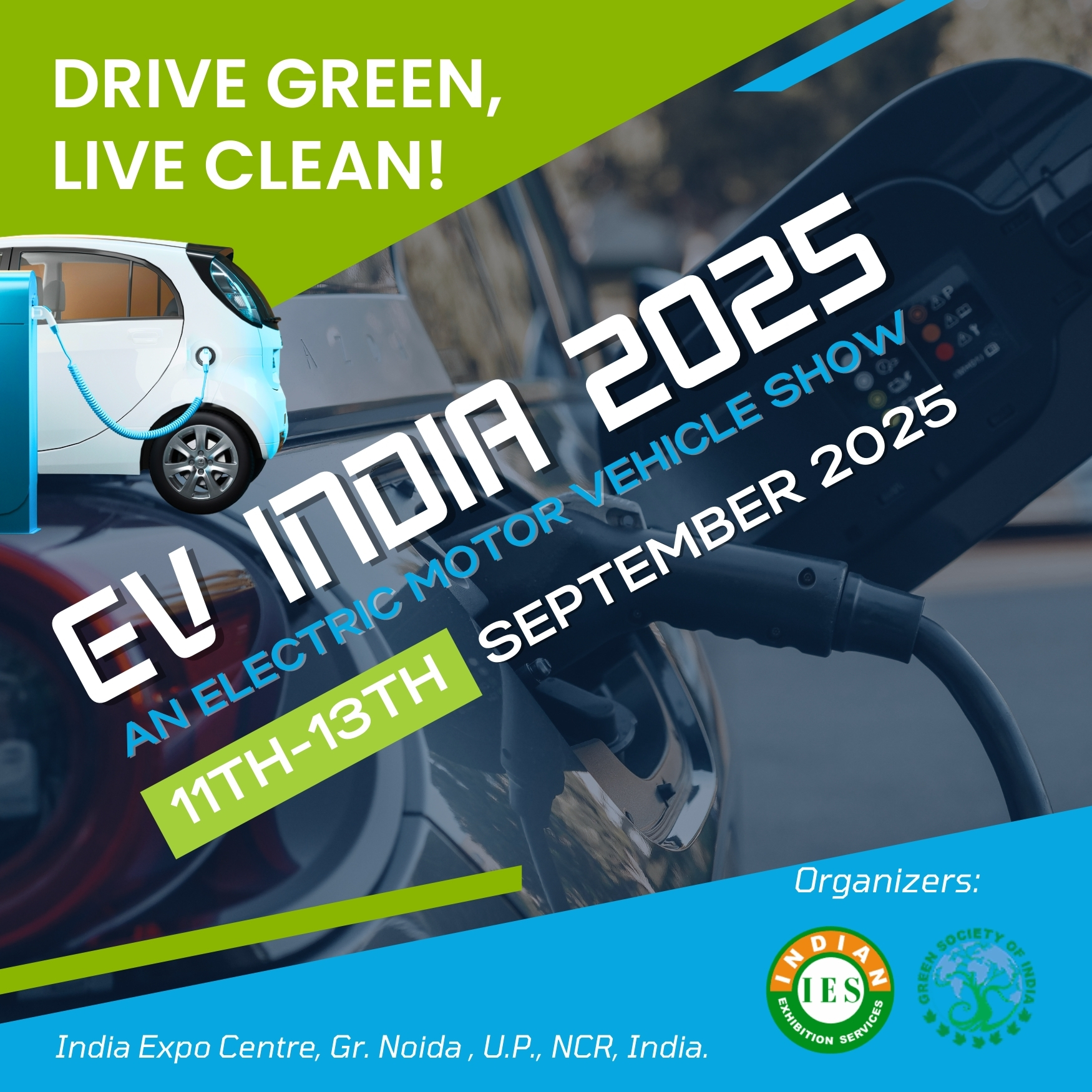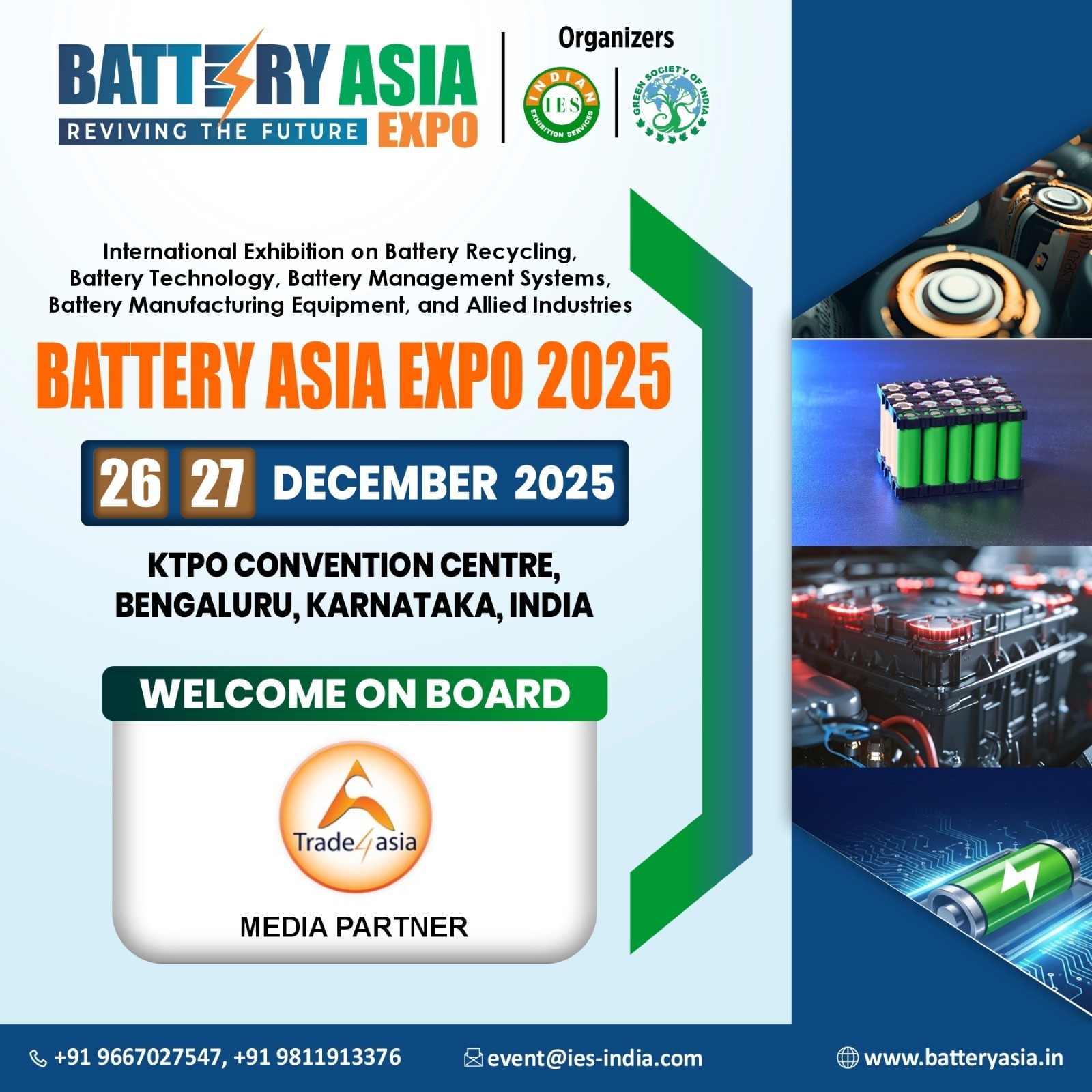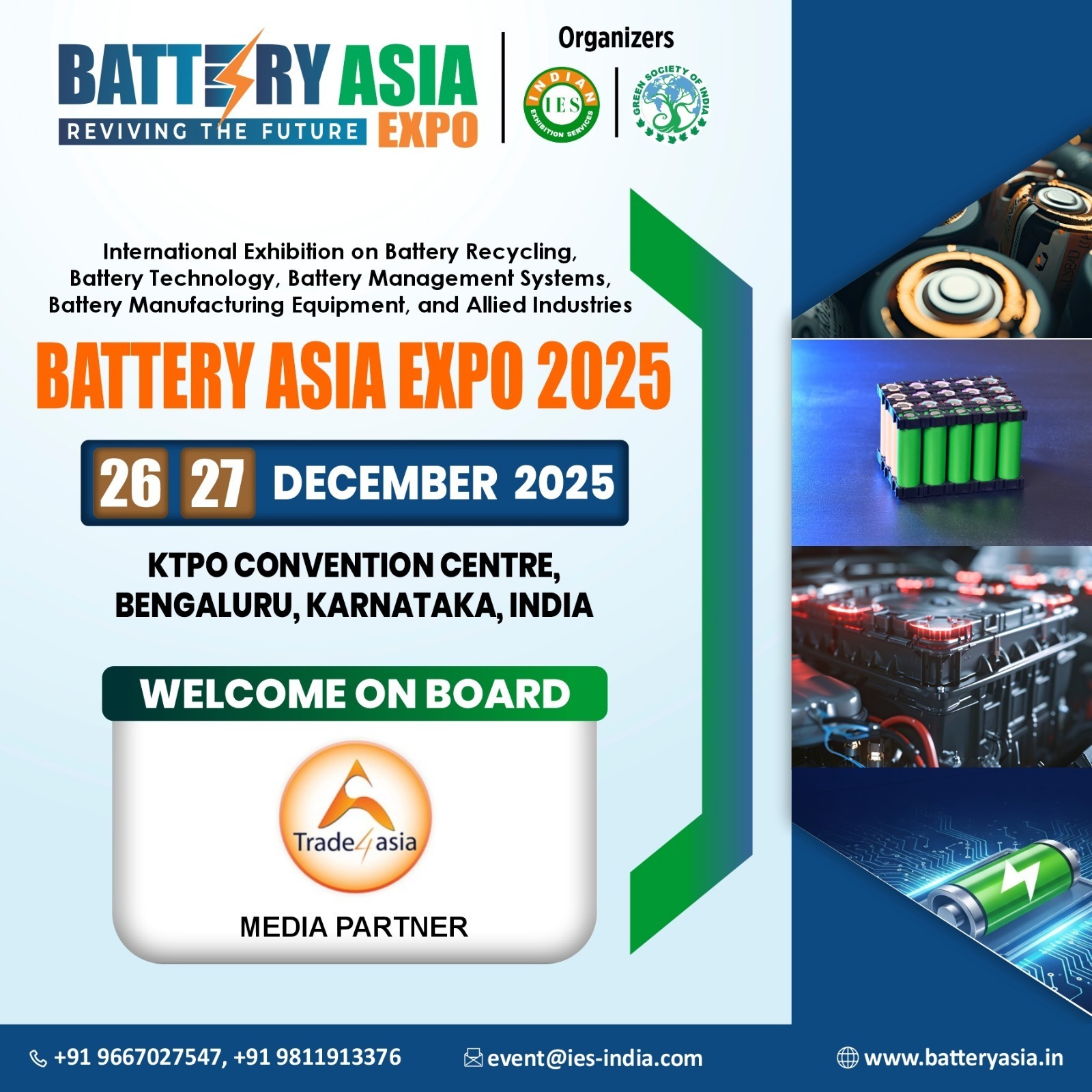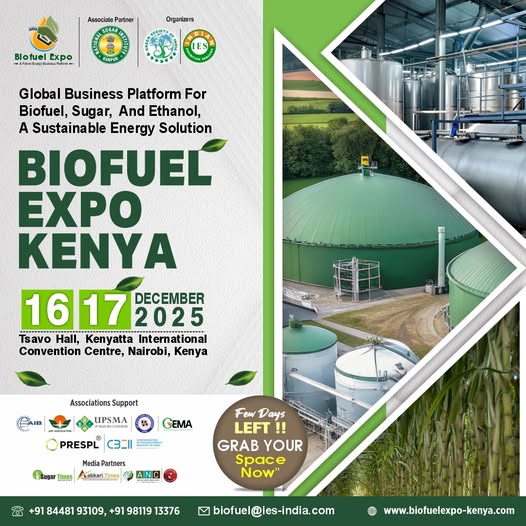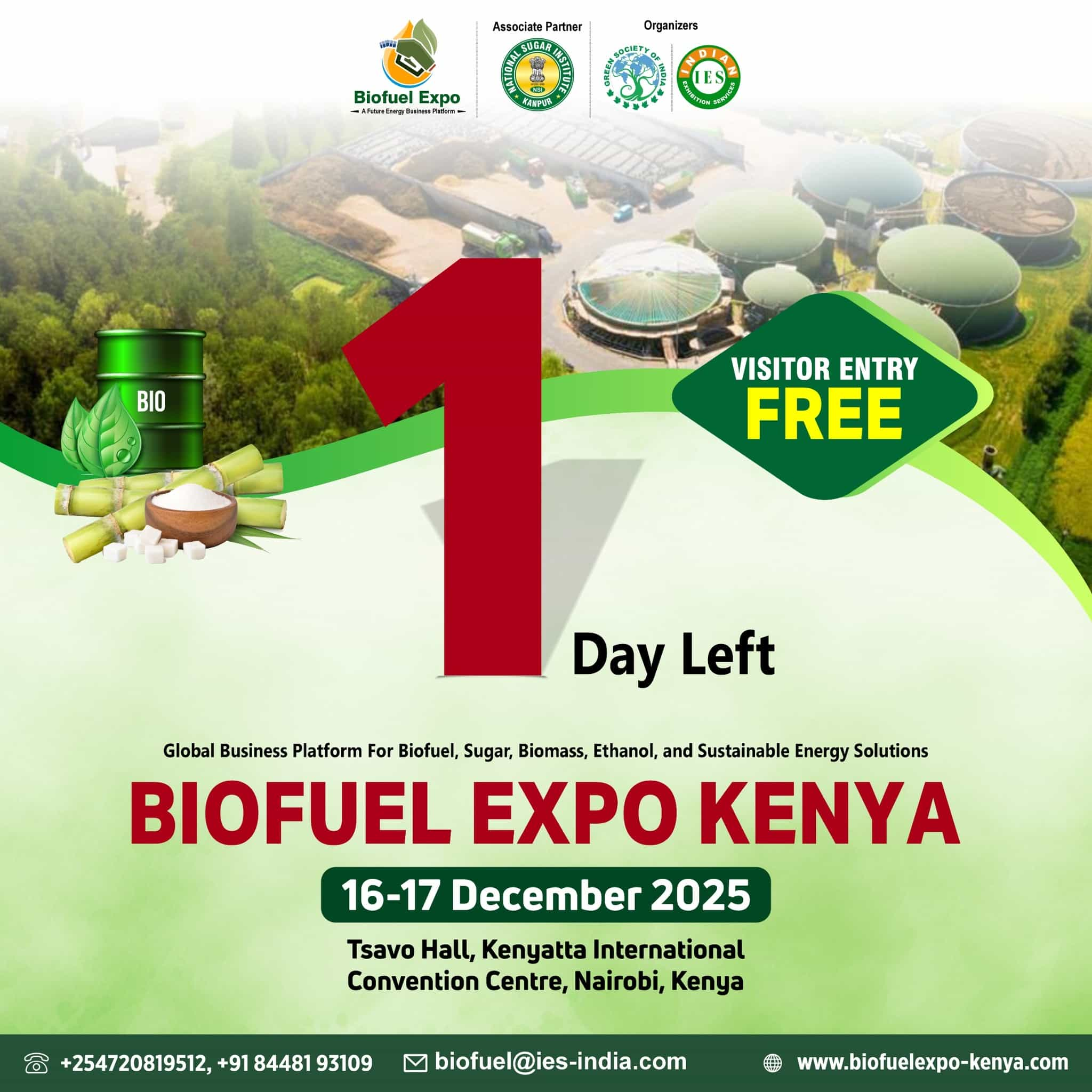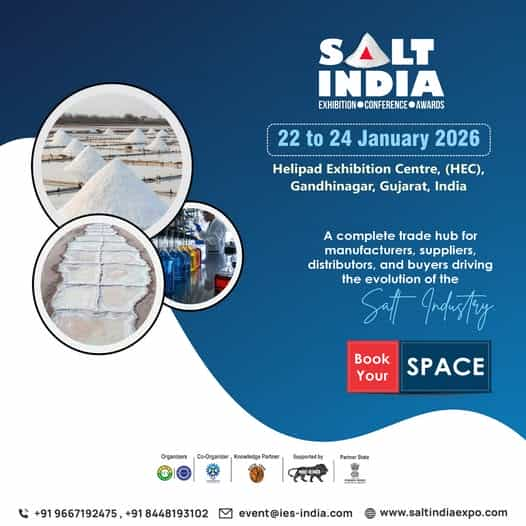
When energy leaders attend a big expo, it's not merely an exhibition—it's a world energy conversation in action. This year's Energy Expo saw executives, technologists, policymakers, and researchers coming together to discuss how oil and gas can evolve in a changing climate. Vituals Power Engineering was in attendance, watching hydrocarbons be repurposed for tomorrow.
1. The Bigger Picture: Market, Policies & Geopolitics
World oil production had come around to roughly 103 million barrels per day in the early part of 2025, with increasing output from non-OPEC nations such as the U.S., Brazil, and Canada reconfiguring supply patterns. At the same time, global oil demand keeps rising—OPEC forecasts to over 113 million barrels per day by 2030 and 123 million barrels per day by 2050, keeping oil's roughly 30% of the energy mix.
Yet, price pressures are looming—benchmark crude declined to some $66–70 per barrel in midâÂÂ2025, tested by rising Saudi output and global trade tension. American producers caution such cheap prices bring with them near-unprofitable levels.
2. Tech Upgrades: From AI to CCUS and Hydrogen
a) AI-Powered Optimization
AI is transforming operations across upstream drilling to downstream refining. Technologies highlighted include predictive maintenance, data-driven drilling optimization, and drone-enabled remote monitoring—cutting costs while improving safety.
b) Carbon Capture & Hydrogen Integration
With hydrogen's increasing prominence, talks centered around CCUS projects and blue hydrogen deployment strategies. Canada's Pathways Alliance rolled out multibillion-dollar CCS plans to decarbonize oil sands production.
c) Smart Field & Supply Chain Innovations
Industry 4.0 innovation such as blockchain-based oil chain tracing and real-time IoT in pipelines holds the promise of transparency and traceability—albeit mainstream uptake remains in its infancy.
Instrument companies such as WIKA India showcased cutting-edge process sensors designed for hydrogen-ready pipes and refinery analytics to improve safety and efficiency.
3. Policy Synergy & Strategic Collaborations
India Energy Week 2025 witnessed ONGC and BP ink strategic MoUs on offshore exploration, carbon trading, and hydrogen technologies—a big indication of India's energy aspirations on a global platform. Likewise, the Economic Times Oil & Gas Annual Expo announced it would bring together more than 70 industry titans and 100+ exhibitors this November in New Delhi.
To lure exploratory and innovative investments, India overhauled its New Exploration Licensing Policy—promoting frontier basin exploration and transparency throughout permitting frameworks.
4. On-Ground Innovation Exhibition
At conferences such as the Oil Gas & Power World Expo 2025 in Mumbai, more than 100 vendors and 10,000+ energy professionals attended. The exhibition featured integrated exploration & production, refining, power transmission, LNG, coatings, corrosion, and sustainability technologies.
WIKA India's stand was most prominent with cutting-edge technologies for hydrogen pipelines and analytics for smart energy systems. Other highlights presented at the exhibition included innovative pipeline coatings, gas analytics, smart drilling simulators, and portable gas sensors.
5. Human Stories & Strategic Bonds
The expo wasn't tech-only—it was human. Investors walked through sustainable LNG terminals, entrepreneurs presented gas-hybrid conversion kits, and regulators negotiated emission trade frameworks. Coffee-chat arguments off the record were about hydrogen readiness, AI integration, and the best way to reconcile energy access with climate objectives.
These interactions led to tangible cooperation: pilot trials, research MoUs, and integrated policy roadmaps of energy security, decarbonization, and industrial strategy.
6. Emerging Trends & Strategic Insights
- Digitalization is now at the heart of oil and gas strategy throughout the value chain.
- Convergence of energy—gas, hydrogen, CCUS, renewables—all occur together.
- Policy–industry alignment is driving cross-border investment, licensing, and innovation.
- Adaptive and resilient energy planning buffers geopolitical disruption and price fluctuations.
Executives with actionable objectives: pilot AI-driven exploration & production operations, backfit pipelines for hydrogen blending, pursue CCUS opportunities, and participate in global events such as India Energy Week and CERAWeek.
Naturally inserted keywords:
- digital transformation
- energy convergence
- oil and gas innovation
Frequently Asked Questions (FAQ)
1. What is the role of AI in today's oil and gas operations?
AI is utilized in predictive maintenance, real-time drilling optimization, sensor-based monitoring, and automated decision-making in exploration, pipelines, and refining infrastructure.
2. Is world demand for oil and gas falling—or still increasing?
Global demand is expected to grow through 2030 and beyond, with sustained growth anticipated. Demand in OECD nations moderates, but Asia's industrial growth continues to drive the increase.
3. How important is natural gas during the energy transition?
Natural gas is still essential—not only as a cleaner transition fuel but also as a hydrogen feedstock, power generation backup, and industrial application. Its importance is compounded by geopolitics and supply diversification initiatives.
4. How are oil and gas companies responding to emissions and sustainability?
Actions encompass carbon capture and storage integration, hydrogen blending, careful monitoring of gas flaring, and investment in circular energy technologies.
5. Why is India emphasizing so much on energy expos and partnerships with international companies?
India is stepping up its position as a world energy hub—organizing expos to highlight innovation, ink strategic MoUs, and invite world investments for exploration, infrastructure, and renewables.
Conclusion
The Energy Expo confirmed that oil and gas, although mature, are by no means static—they are adapting through innovation, digitization, and integrated policy regimes. The industry is refocusing and repositioning itself within a low-carbon, technologically advanced future.


